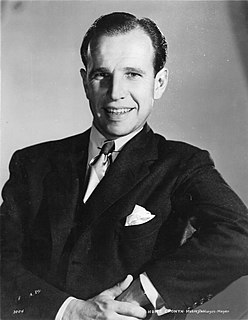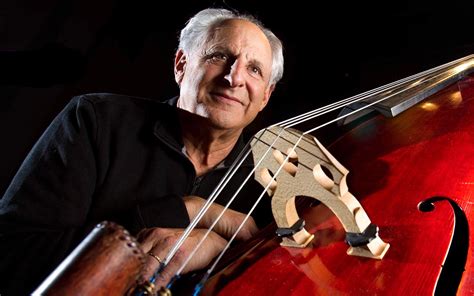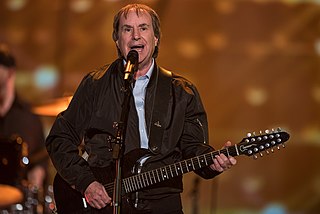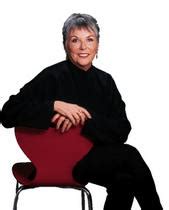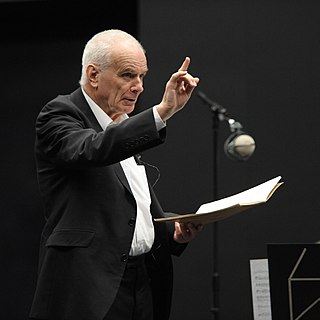A Quote by Sherman Alexie
When you read a piece of writing that you admire, send a note of thanks to the author.
Related Quotes
You've got to be a good reader. So whatever genre that you're interested in, read a lot of books about it and it's better than any kind of writing class you'll ever take. You will absorb techniques and then in a lot of cases you can just start writing using the style of the book or the author that you admire and then your own style will emerge out of that. Be a diligent reader and then try to write seriously, professionally and approach everything in writing in a professional way.
There's very little to be said for learning a piece note by note, reading the rhythmic markings, practising the fingerings and following your instructor's suggestions, if you haven't any idea how the music will eventually sound and feel. If you learn a piece mechanically, you may have to 'unlearn' it before you can play it with expression and feeling.
I think that I had read so much fiction that the craft itself sort of sank into me. I didn't read any 'how to' books or attend any popular-fiction-writing classes or have a critique group. For many years into my writing, I didn't even know another author. For me, a lot of reading was the best teacher.
The second book, which was probably more from a professional standpoint - when I read Junot Díaz's Drown, I was like, Oh my god, you can write these stories and people will actually read them beyond your own little community. This guy's book is blowing up and it seems like [he's writing about] the neighborhood that I grew up in. That was a big deal. I read that in graduate school, so that's when I was really taking writing seriously, but I didn't know you could do it. I didn't know you can actually be an author. It was a weird epiphany.

